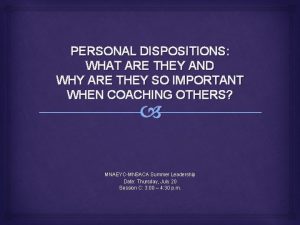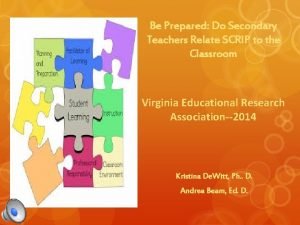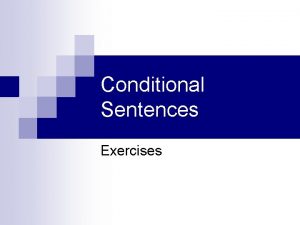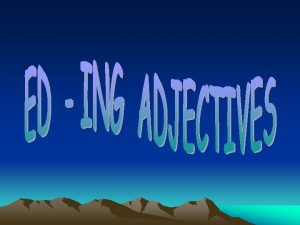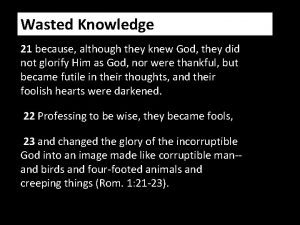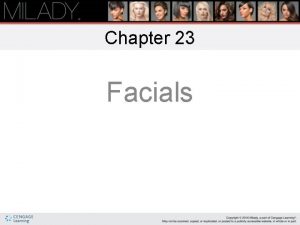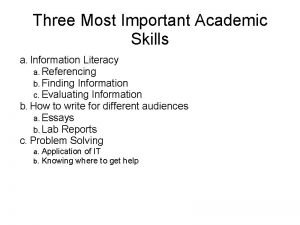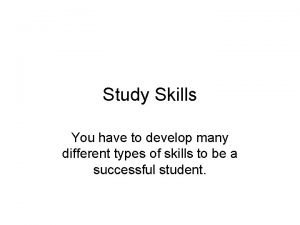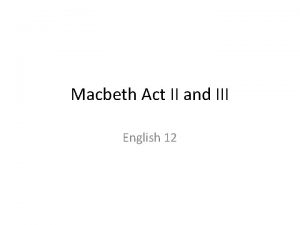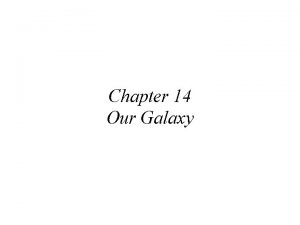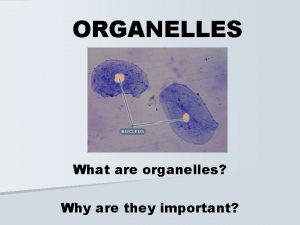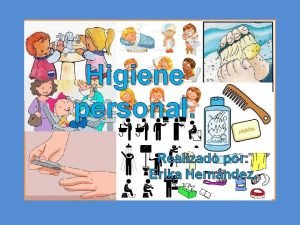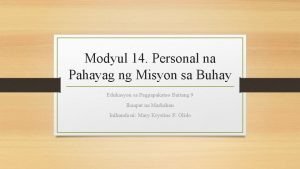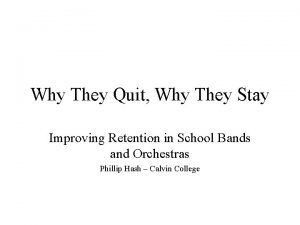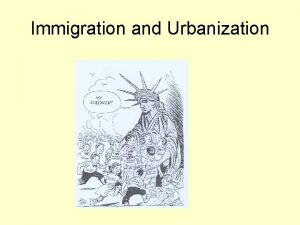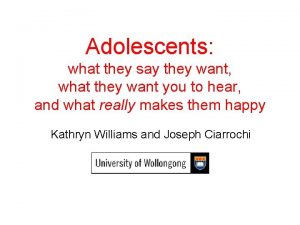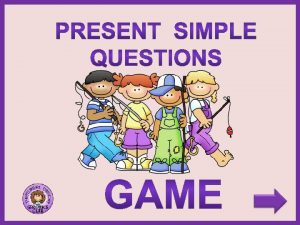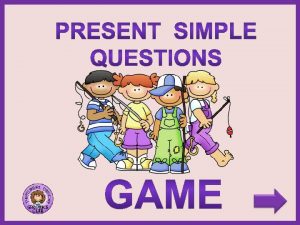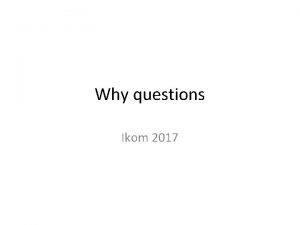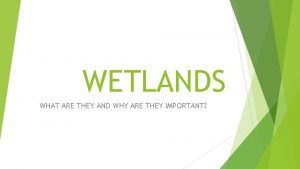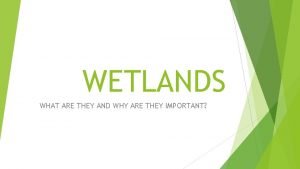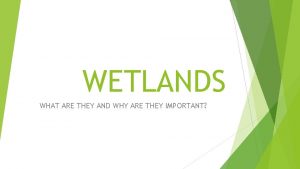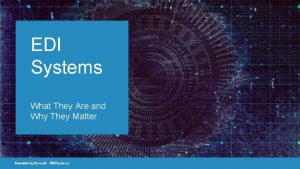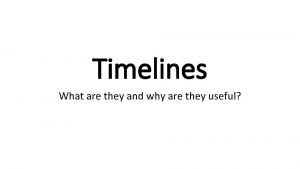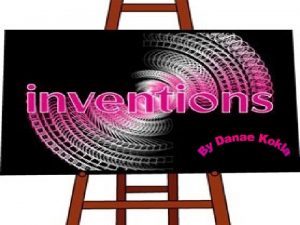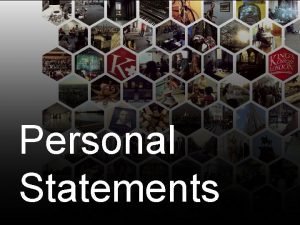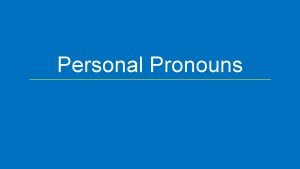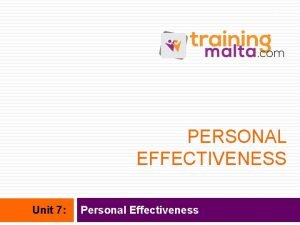PERSONAL DISPOSITIONS WHAT ARE THEY AND WHY ARE

























- Slides: 25

PERSONAL DISPOSITIONS: WHAT ARE THEY AND WHY ARE THEY SO IMPORTANT WHEN COACHING OTHERS? MNAEYC-MNSACA Summer Leadership Date: Thursday, July 20 Session C: 3: 00 – 4: 30 p. m.

Overview Foundations of Coaching Dispositions that Matter in Coaching Approaches to Others and View of Self

Supervision or Coaching ~ What’s the Difference? Supervision Clarifies and articulates the vision Develops goals to achieve vision Solicits help from those they supervise to accomplish goals Sets the agenda for the meeting Operates in a ‘telling’ mode Answers questions Gives advice Coaching Asks questions to help coachee clarify vision Asks to help coachee develop goals Works with coachee's to see them accomplish their own goals Asks coachee to set agenda Asks questions Helps coachee discover their own answers Points coachee toward resources By Jeannette Buller Slater Jeannette@Coaching. Pastors. com

What is Coaching? Colorado Coaching Consortium (2009) Coaching is a learning process based on a collaborative relationship that is intentionally designed to promote sustainable growth in the necessary attitudes, skills and knowledge to effectively implement the best practices for the development of young children and their families.

Characteristics of Coaching (2005 by the Center for the Advanced Study of Excellence in Early Childhood and Family Support Practices) Joint Planning ~ Agreement by both the coach and learner on the actions to be taken by the coach and/or learner or the opportunities to practice between coaching visits. Observation ~ Examination of another person’s actions or practices to be used to develop new skills, strategies, or ideas. Action ~ Spontaneous or planned events that occur within the context of a real-life situation that provide the learner with opportunities to practice, refine, or analyze new or existing skills.

Characteristics of Coaching cont’d Reflection ~ Analysis of existing strategies to determine how the strategies are consistent with evidence-based practices and may need to be implemented without change or modified to obtain the intended outcome(s). Feedback ~ Information provided by the coach based on direct observations of the learner by the coach, actions reported by the learner, or information shared by the learner to expand the learner’s current level of understanding about a specific evidence-based practice.

Think of the Coaches in Your Life

http: //m. childcareawaremn. org/sites/default/files/attachments/kcf_for_rbpd_-_final. pdf

What Are Dispositions Definitions offered in the MN Knowledge and Competency Framework for RBPD Specialists (Dottin, 2010; Teven, 2007) “The tendency or inclination to believe or act in certain ways. ” (Katz, 1995) “dispositions comprise habits of mind rather than mindless habits. ” (Ross-Voseles&Moss, 2007) “similar to professional beliefs or value systems, but they are more than that. Dispositions extend to professional modes of conduct and the ways in which beliefs and attitudes are displayed by teachers’ actions in and out of the classroom. ”

Definition of disposition 1: the act or the power of disposing or the state of being disposed: such as a : administration, control b : final arrangement : settlement the disposition of the casec (1) : transfer to the care or possession of another (2) : the power of such transferald : orderly arrangement 2 a : prevailing tendency, mood, or inclination b : temperamental makeup c : the tendency of something to act in a certain manner under given circumstances

Meaningful Purpose and Vision: Sense of Integrity Responsible and reliable, honest, keeps promises, follows through

Meaningful Purpose and Vision: Discrete Complies with federal, state, and program policies relating to confidentiality

Meaningful Purpose and Vision: Objective Fosters and enhances the teaching and learning process while exercising judgment about personal and professional boundaries; displays genuineness.

Commitment to Meaningful Purpose and learning and growing (self and others). Vision:

Meaningful Purpose and Vision: Values Data (Observations, stories and experiences, formal assessment) as a pathway to understanding, applying and supporting effective practice.

Meaningful Purpose and Vision: Effective Nurtures high expectations; demonstrations self-direction and confidence; encourages others to display their own skills and strengths.

Approaches to Others and View of Self

Approach to others: Individual; focus on adult learners; social-emotional and communication including:


https: //implicit. harvard. edu/implicit/

https: //implicit. harvard. edu/implicit/

Reflective, listening demeanor, being present Respectful: Showing regard for the needs and experiences of others Collaborative: Views self as teaching and learning, in partnership

Vocal: Willing to openly engage and respond to peers, clients, administrators and community Comfortable and willing to hold self and others accountable for change.

Ability To Use Humor

And will you succeed? Yes! You will, indeed! (98 and ¾ percent guaranteed) ~ Dr. Seuss
 Obvious ways values enter psychology
Obvious ways values enter psychology Personal disposition
Personal disposition Antigentest åre
Antigentest åre Scrip dispositions
Scrip dispositions Pictures
Pictures Don't ask why why why
Don't ask why why why Rankings: what are they and do they matter?
Rankings: what are they and do they matter? If we'd seen you we (stop)
If we'd seen you we (stop) They seek him here they seek him there
They seek him here they seek him there It is not you they are rejecting but me
It is not you they are rejecting but me They are they which testify of me
They are they which testify of me Grammar rules frustrate me they're not logical they are so
Grammar rules frustrate me they're not logical they are so For they not know what they do
For they not know what they do Knowledge not shared is wasted
Knowledge not shared is wasted Chapter 23 milady review questions
Chapter 23 milady review questions What are study skills and why are they important
What are study skills and why are they important What are study skills and why are they important
What are study skills and why are they important Why do macbeth and lady macbeth say that they envy duncan?
Why do macbeth and lady macbeth say that they envy duncan? Why do disk stars bob up and down as they orbit the galaxy?
Why do disk stars bob up and down as they orbit the galaxy? What are organelles and why are they important
What are organelles and why are they important Why did she take a tiny scrap of dough?
Why did she take a tiny scrap of dough? El verbo formas personales
El verbo formas personales Adivinanzas sobre higiene personal
Adivinanzas sobre higiene personal Bakit mahalaga ang magkaroon ng misyon sa buhay
Bakit mahalaga ang magkaroon ng misyon sa buhay What is wind
What is wind Group 8 elements
Group 8 elements

